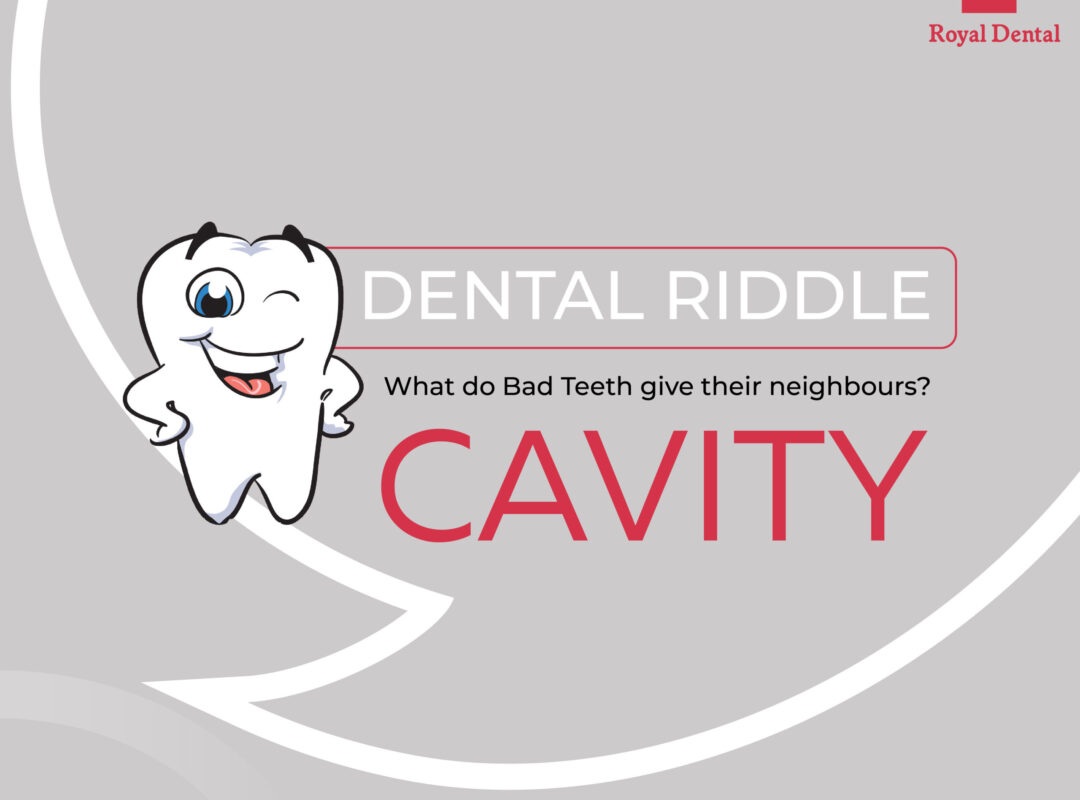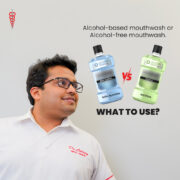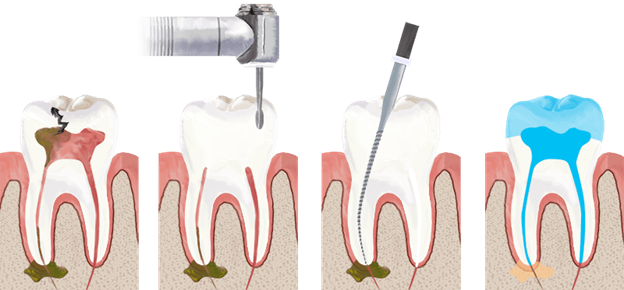Are your teeth sensitive to hot and cold? Do they ache when you eat certain foods? Have you experienced any sudden sharp pains in your jaw? If so, you may be suffering from a case of tooth decay. Tooth decay is the most common dental problem in adults today. It is also called dental caries or a cavities. It is a serious condition that can lead to infection, pain and even tooth loss if left untreated. Luckily, there are ways to avoid tooth decay and enamel erosion along with dental problems. If you want to know more about the causes of tooth decay, prevention techniques, and home remedies for treating it, keep reading!
What is tooth decay?
Dental caries are caused by the bacterial growth inside the tooth’s enamel. The enamel is the hard outer layer of the tooth that protects the inner portion of the tooth called dentin, where the nerves are connected. When bacteria from food or drink come into contact with the teeth, it creates a sticky substance that causes the minerals in the enamel to break down over time. This leaves a hole in the enamel that allows bacteria to enter the dentin and spread, causing an infection in the tooth and leading to cavity.
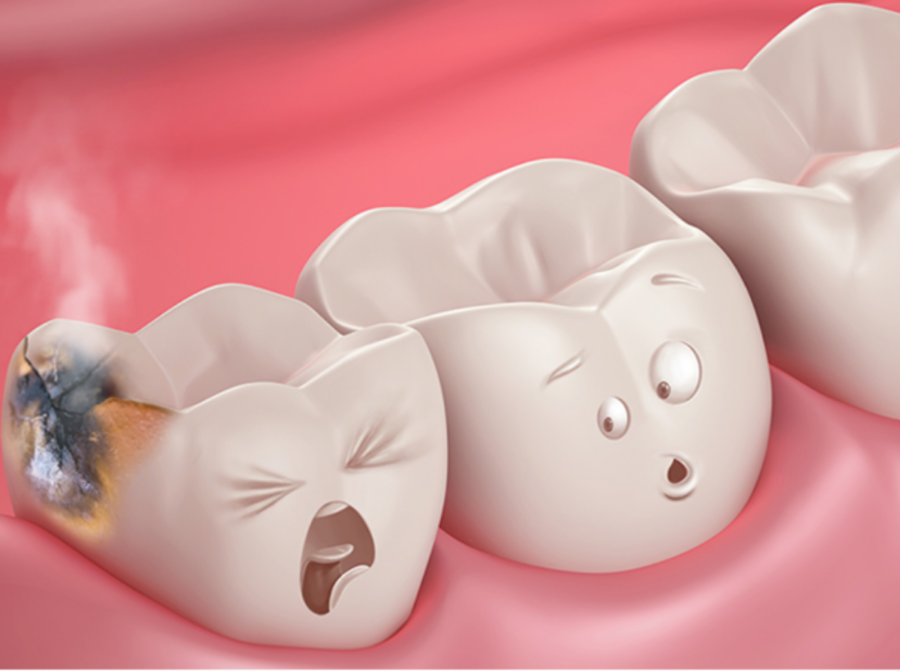
Tooth decay can be categorized into two types: incipient and advanced. Incipient tooth decay is the beginning stage of tooth decay. It can be reversed if it is caught in time and treated with proper dental care. Advanced tooth decay, however, has already penetrated the entire tooth, including the pulp where the nerve is located. It is irreversible and can only be treated with tooth extraction or filling.
More about tooth decay dental problem
Tooth decay, also known as dental caries or cavities, is a disease that causes the breakdown of tooth enamel. Once tooth decay has eroded the enamel, cavities can start to form. According to the American Dental Association (ADA), a tooth consists of three layers:
- Enamel: Enamel is the hard outer layer that protects the inner layers of a tooth. Tooth enamel contains no living cells and is the hardest structure in the human body.
- Dentin: Dentin is the second layer of a tooth. When the enamel is damaged, it may expose the dentin. Small tubes within the dentin allow hot and cold food to stimulate the nerves of the tooth. The stimulation of these nerves can cause pain and sensitivity in the tooth.
- Pulp: The pulp is the center of the tooth. The pulp contains blood vessels, nerves, and connective tissue.
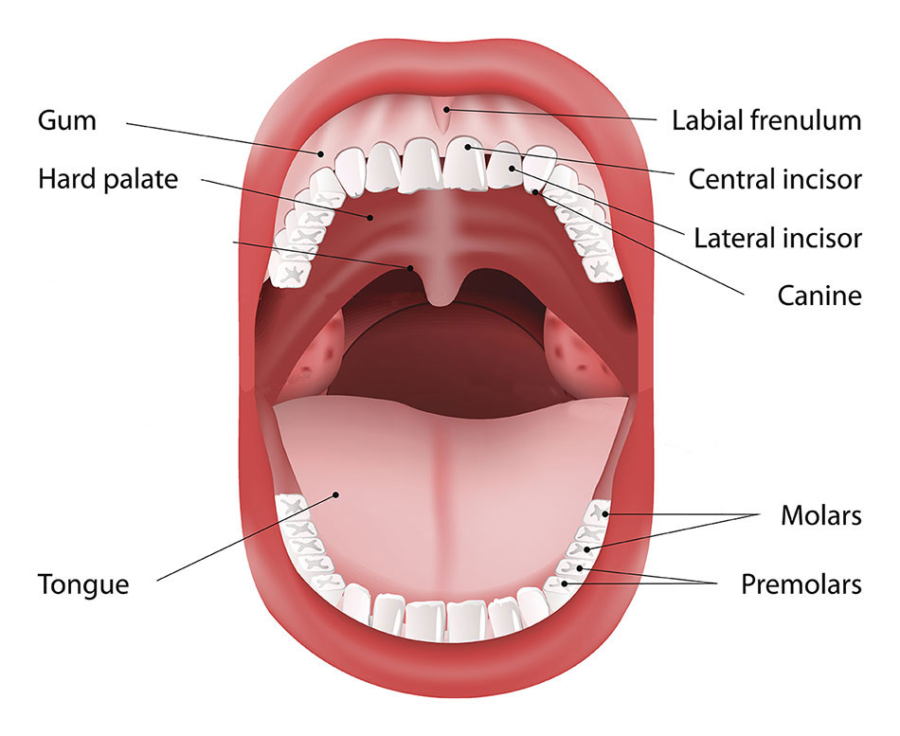
Tooth decay can occur in varying degrees of severity. Damage from tooth decay can range from causing wear to the enamel to painful abscesses within the pulp of the tooth.
How does dental problem of tooth decay occur?
Tooth decay begins when bacteria in the mouth feed off of the remnants of food and drink that are left behind on teeth. As they eat, the bacteria produce acids that eat away at the tooth enamel. This is why it’s important to clean your teeth regularly, even while you’re sleeping. When you brush your teeth, you are removing bacteria that pose a threat to the health of your teeth and gums.
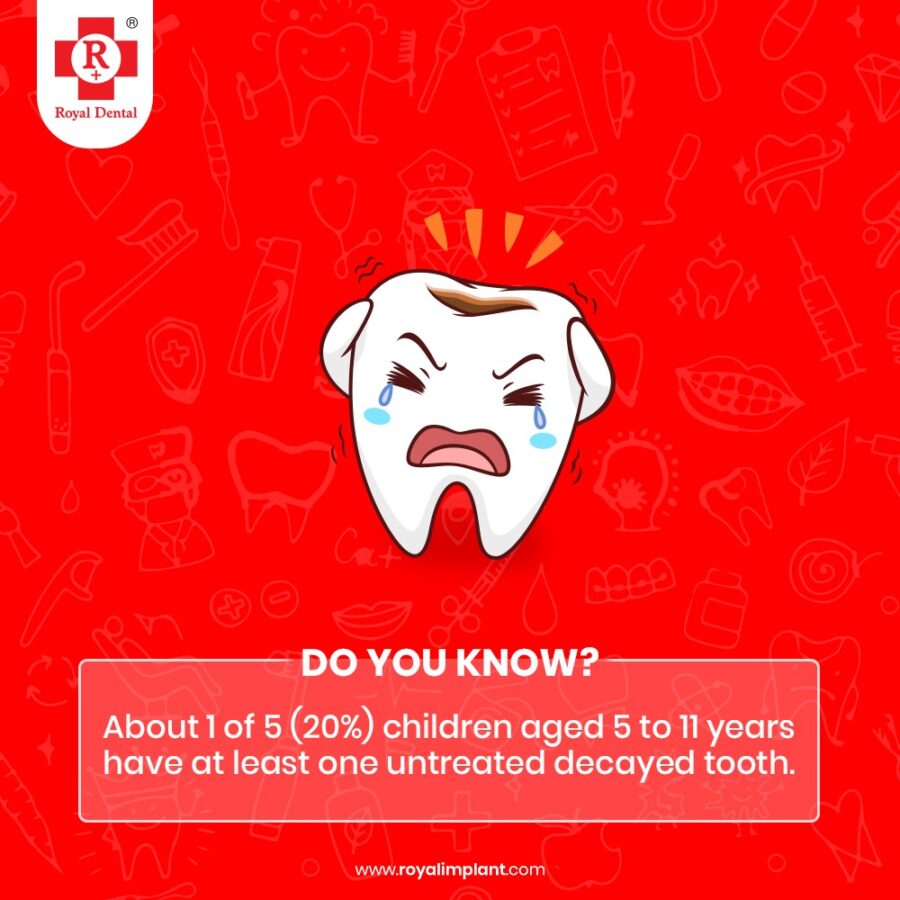
While tooth decay can affect anyone, certain people are at a higher risk of developing it. For example, tooth decay is more common in people who are not diligent about brushing and flossing their teeth regularly. Those who have poor oral hygiene may find that tooth decay is more frequent. Additionally, those who have certain medical conditions such as diabetes or who have undergone chemotherapy may have a higher risk of developing tooth decay.
Factors that play a role in the development of cavities.
- Bacteria in the mouth feed on sugary, starchy foods and drinks (fruit, candy, bread, cereal, sodas, juice and milk). The bacteria convert these carbohydrates into acids.
- Bacteria, acid, food and saliva mix to form plaque. This sticky substance coats the teeth.
- Without proper brushing and flossing, acids in plaque dissolve tooth enamel, creating cavities, or holes.
The dental implications of tooth decay
If left untreated, tooth decay can lead to other serious dental problems, such as cavities, tooth abscesses, or even heart disease. Cavities, or tooth decay, occur when acid from food and drink penetrates the tooth enamel and reaches the dentin. Cavities are considered to be a dental emergency, especially if they are found in the teeth of young children. If left untreated, cavities can lead to toothache and infection, which can spread to the rest of the body if not treated promptly. Cavities can also lead to tooth loss if the decay is severe enough to compromise the integrity of the tooth. This can result in a tooth fracture, which often requires a root canal to treat.
Tips to prevent tooth decay
Luckily, there are plenty of steps you can take to prevent tooth cavity. The most important thing to remember is to practice good oral hygiene. This includes brushing your teeth twice a day with an anti-bacterial toothpaste and flossing once a day. You should also make time to visit the dentist at least once a year for a check-up and cleaning. Another great way to prevent tooth decay is by restricting sugary foods and drinks. You should avoid eating candies and other sweets that contain large amounts of sugar, as well as drinks such as soda that are naturally high in sugar.
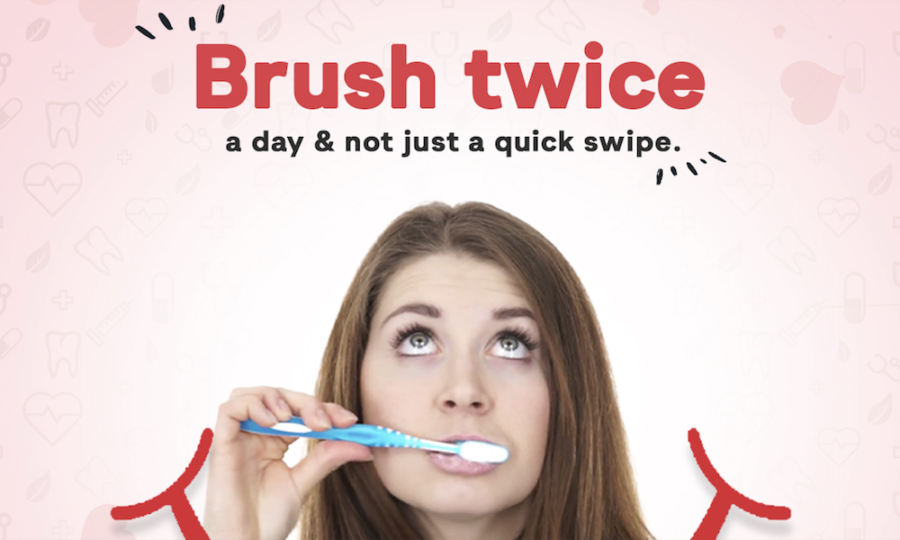
While you can’t completely avoid tooth decay, you can significantly reduce your chances of getting it by avoiding sugary foods and beverages. Regular dental checkups are your best defense to spot tooth decay as early as possible so that non-drilling options are still in your scope of treatment. Remember to brush with a fluoride toothpaste after eating or drinking. If your dentist believes you’re at a high risk for decay or cavities, a mouth rinse may also be recommended. Just know that being proactive is always best. Use good oral hygiene and keep an open conversation going with your dentist and hopefully you can keep those cavities at bay.
Conclusion
Tooth caries is a serious dental condition that can lead to infection and tooth loss if left untreated. It is caused by the bacterial growth inside the tooth’s enamel. The most important thing to remember for preventing tooth decay is to practice good oral hygiene, including brushing your teeth twice a day and flossing once a day. You should also make sure to avoid sugary foods and drinks.

